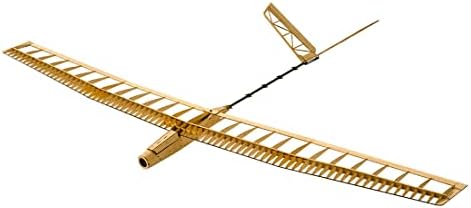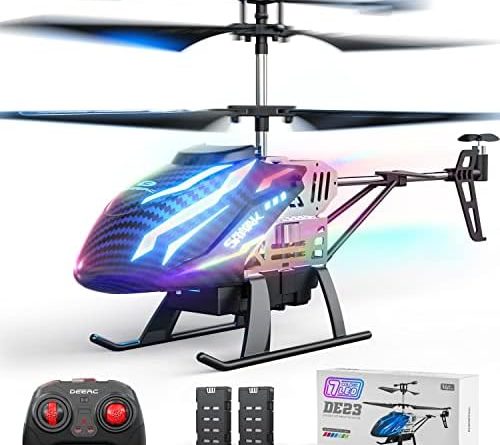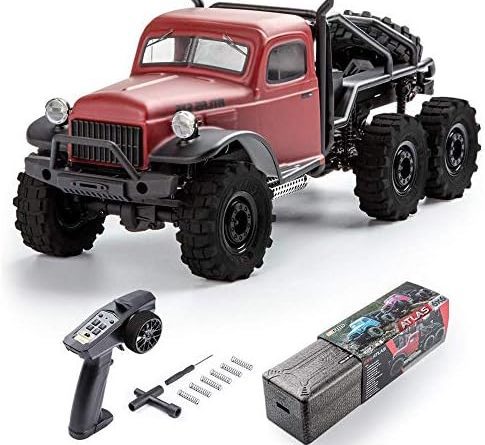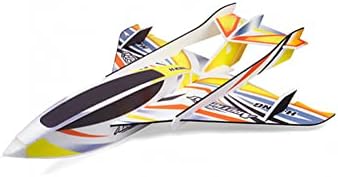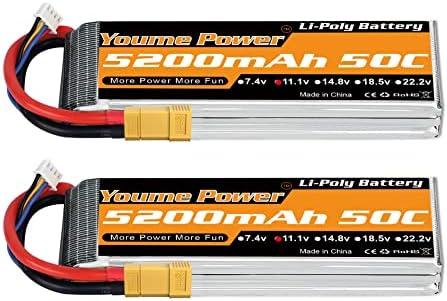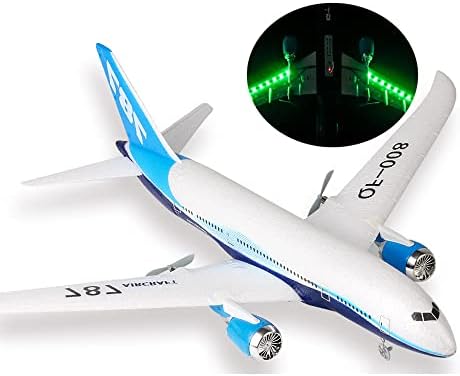













RC Plane Motor and ESC: The Ultimate Guide to Finding the Best Match
When it comes to building your own remote controlled (RC) plane, one of the most important components you’ll need to consider is the motor and Electronic Speed Controller (ESC). The motor provides the power to turn the propeller, while the ESC regulates the speed of the motor.
Choosing the right motor and ESC combination can make a huge difference in the performance of your RC plane. With so many options available, it can be overwhelming for beginners to know where to start. In this guide, we’ll provide you with all the information you need to make an informed decision about which motor and ESC to choose for your RC plane.
Types of Motors
There are two main types of motors to choose from: brushed and brushless. Brushed motors are simpler, cheaper and require less maintenance but generally offer lower power and shorter lifespan. Brushless motors, on the other hand, are more expensive but provide higher power, longer lifespan and better efficiency.
If you are building a small and lightweight plane, a brushed motor may be sufficient. However, if you’re looking for high-performance and maximum efficiency, you’ll want to opt for a brushless motor. Brushless motors are also suitable for larger planes and high-speed applications.
Motor Size and KV Rating
The size of your motor should be directly proportional to the size and weight of your RC plane. If you choose a motor that is too small, it may not be powerful enough to lift the plane. Similarly, a motor that is too large may be too heavy and could adversely affect the plane’s performance.
KV rating is another important factor to consider when selecting a motor. KV rating refers to the number of RPMs the motor will rotate per volt of electricity supplied. A lower KV rating motor has a higher torque and is better suited for large planes, while a higher KV rating motor is better for smaller and lightweight planes.
ESC Rating and Type
Your ESC should be matched to your motor in terms of voltage and amperage to ensure optimum performance. It’s essential that you choose an ESC with a voltage rating that matches or exceeds that of your battery and motor.
When it comes to the type of ESC, you have two options: the conventional ESC and the more advanced brushless ESC. Conventional ESCs work well for brushed motors, but brushless ESCs are necessary for brushless motors.
Additional Considerations
When selecting your motor and ESC, you should also consider the type of propeller, battery and servos you will use. These components also impact the overall performance and efficiency of your RC plane. Additionally, it’s essential to follow proper installation instructions and safety guidelines to avoid any mishaps.
Frequently Asked Questions
1. Can I use any motor and ESC together?
No, it’s essential to choose a motor and ESC that are compatible in terms of voltage and amperage. Using an incompatible combination could lead to poor performance or even permanent damage to your RC plane.
2. What is the difference between brushed and brushless motors?
Brushed motors are simpler and cheaper but offer lower power and a shorter lifespan. Brushless motors, on the other hand, are more expensive but provide higher power, longer lifespan and better efficiency.
3. How do I know which size motor to choose for my RC plane?
Choosing the right motor size depends on the size and weight of your RC plane. A motor that is too small may not provide sufficient power, while a motor that is too large may be too heavy for your plane.
4. What is a KV rating, and why is it important?
KV rating refers to the number of RPM’s the motor will rotate per volt of electricity supplied. A lower KV rating motor has higher torque and is suitable for large planes, while a higher KV rating motor is better suited for smaller and lightweight planes.
5. What are the safety precautions I should keep in mind when working with motors and ESCs?
It’s essential to follow proper installation instructions and safety guidelines when working with RC plane components. Always use protective gear and work in a well-ventilated area. Also, avoid short-circuiting by connecting the wires in the correct order.
Conclusion
Selecting the right motor and ESC combination for your RC plane can make all the difference in its performance and efficiency. Consider the size of your plane, the type of motor and ESC, and the KV rating when making your selection. By following the guidelines provided in this guide, you can be sure that you are making an informed decision and that your RC plane will soar with the best of them.
Price: $44.99
(as of Mar 10, 2023 01:02:49 UTC – Details)


